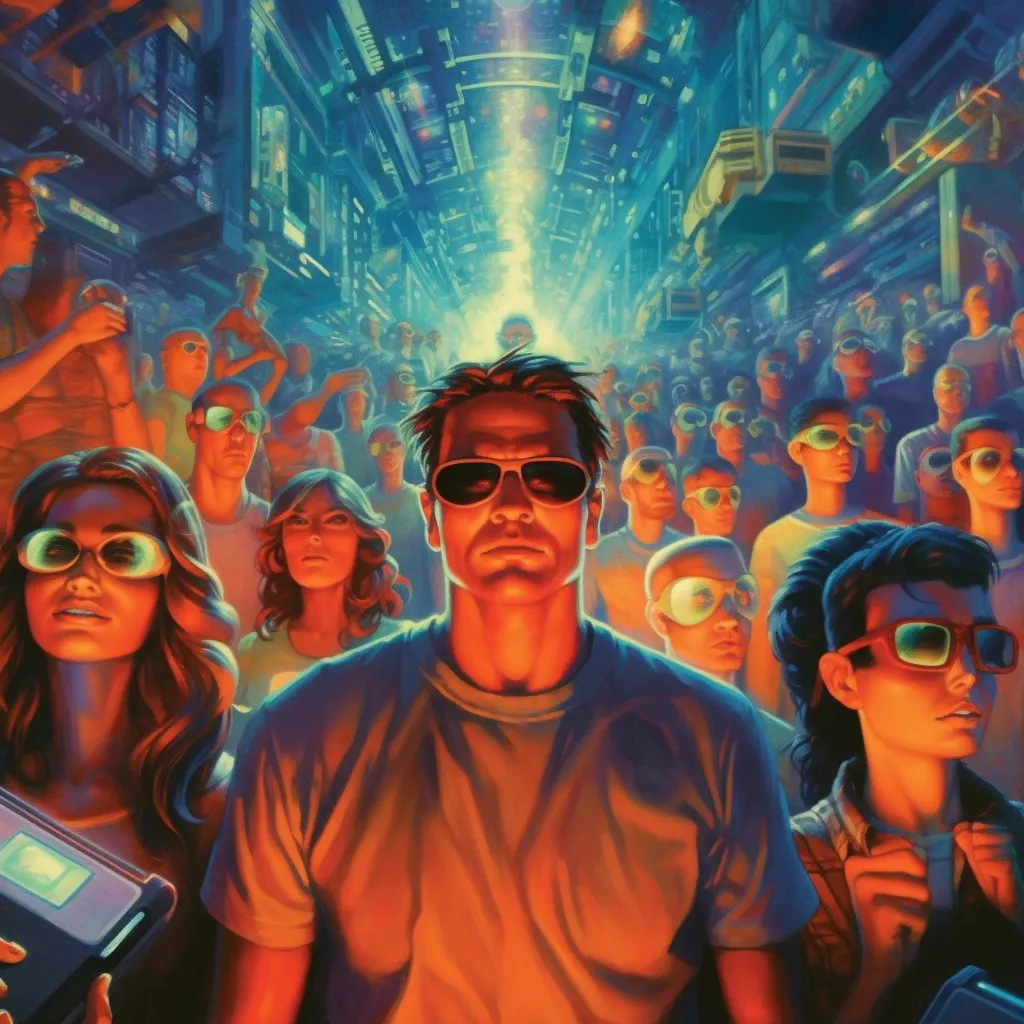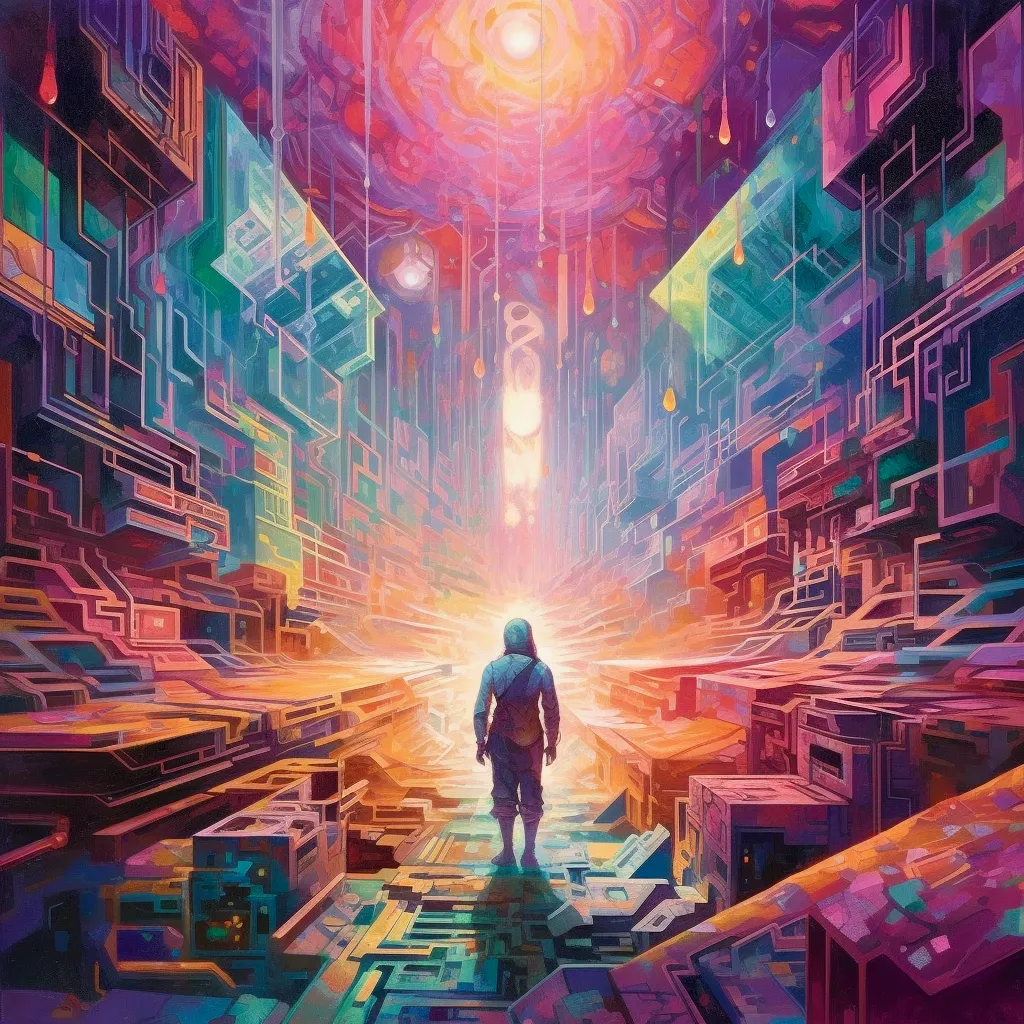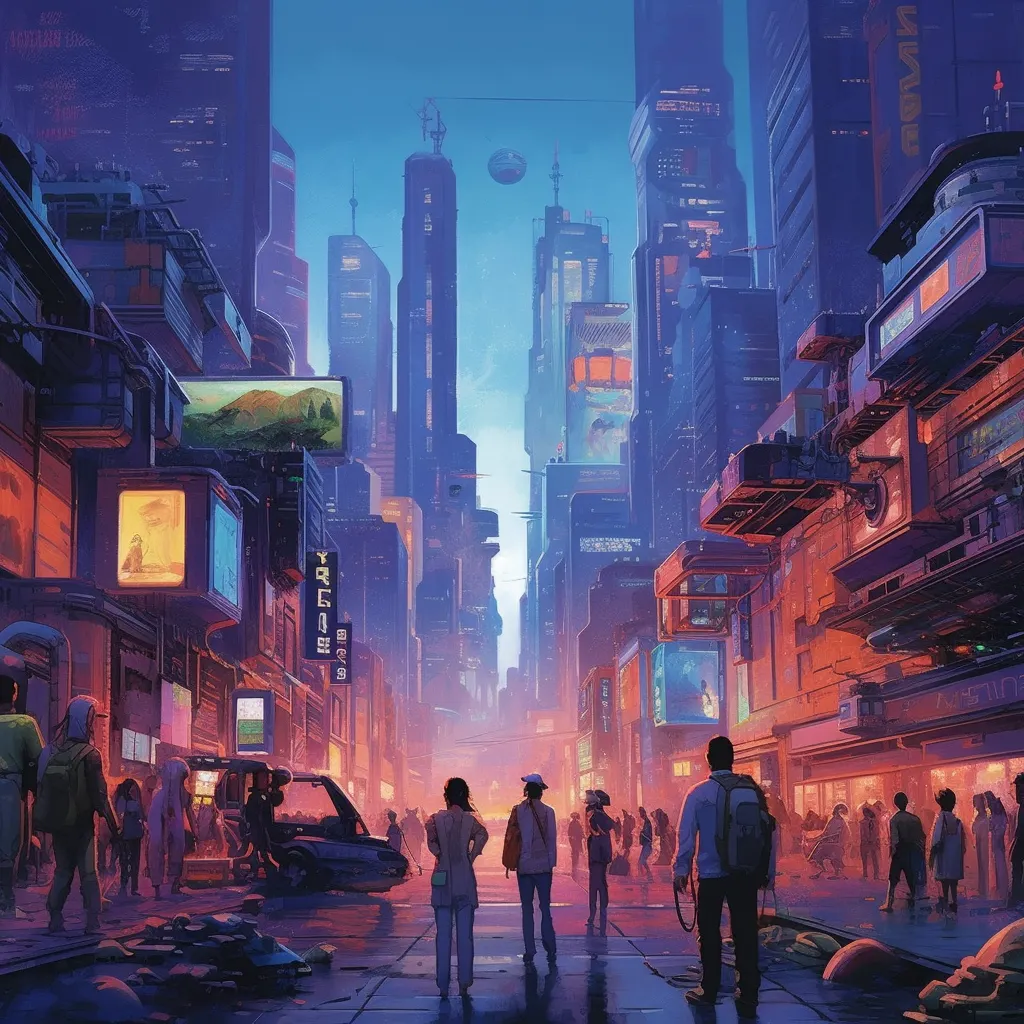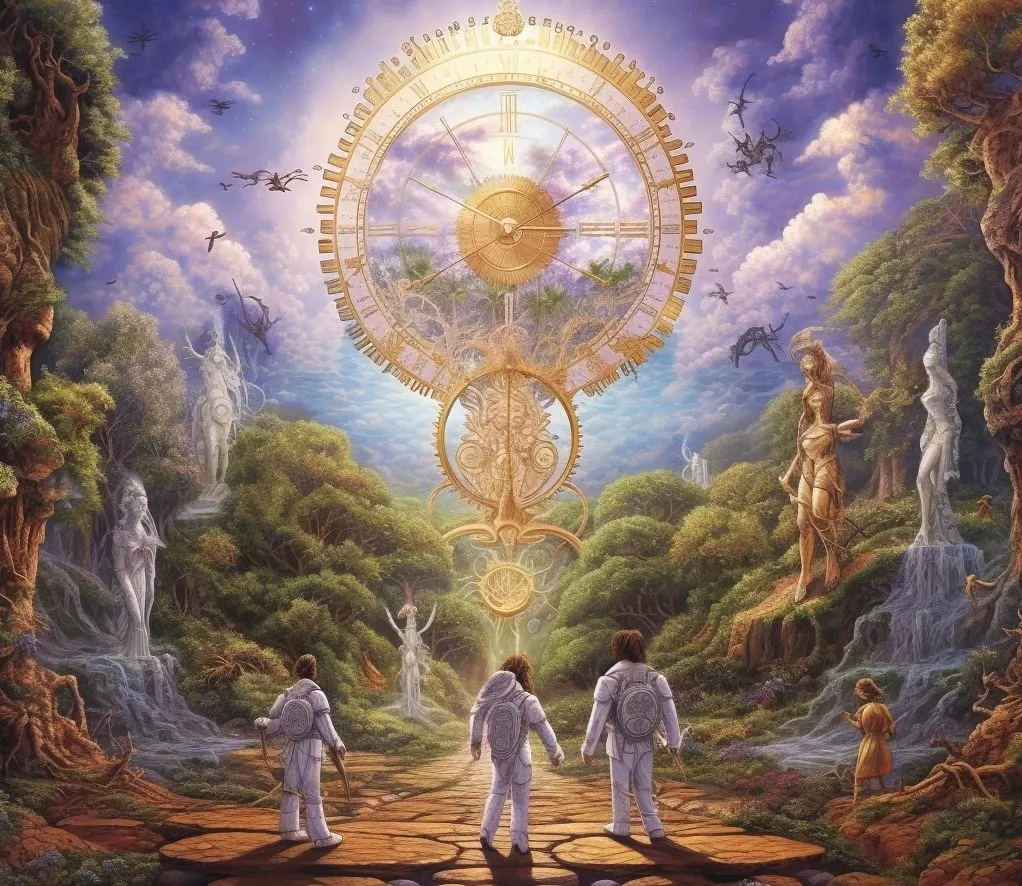Are We Slowly Becoming NPCs: The Unwitting Playability Crisis
In the vast, immersive universe of video games, there's an unassuming yet vital element: Non-Player Characters, or NPCs. These scripted characters, controlled by the game's code rather than a human player, follow preprogrammed routines and interactions. They're often essential for guiding players through the game or providing hints to solve puzzles. However, in our digitally-saturated real world, the term 'NPC' is assuming an alarming metaphorical meaning. Are we, in the game of life, slowly turning into NPCs ourselves?

Imagine a typical day. You wake up, perhaps with an alarm on your smartphone, check your emails or social media notifications, maybe scroll through the news. Then, perhaps you have a pre-planned day at work, perform your routine tasks, go home, watch your favorite shows, and go to sleep. Rinse and repeat. Could this sequence of predictable, rule-bound activities turn us into real-life NPCs?

The cornerstone of this NPC analogy rests on the idea of 'playability.' In the gaming world, playability refers to the level of engagement, immersion, and choice that a player experiences. Being 'playable' is to have agency, to make decisions that matter, to shape your destiny. But are we losing this playability in our lives?
To answer this, let's consider three major areas: routine, digital dependence, and societal expectations.
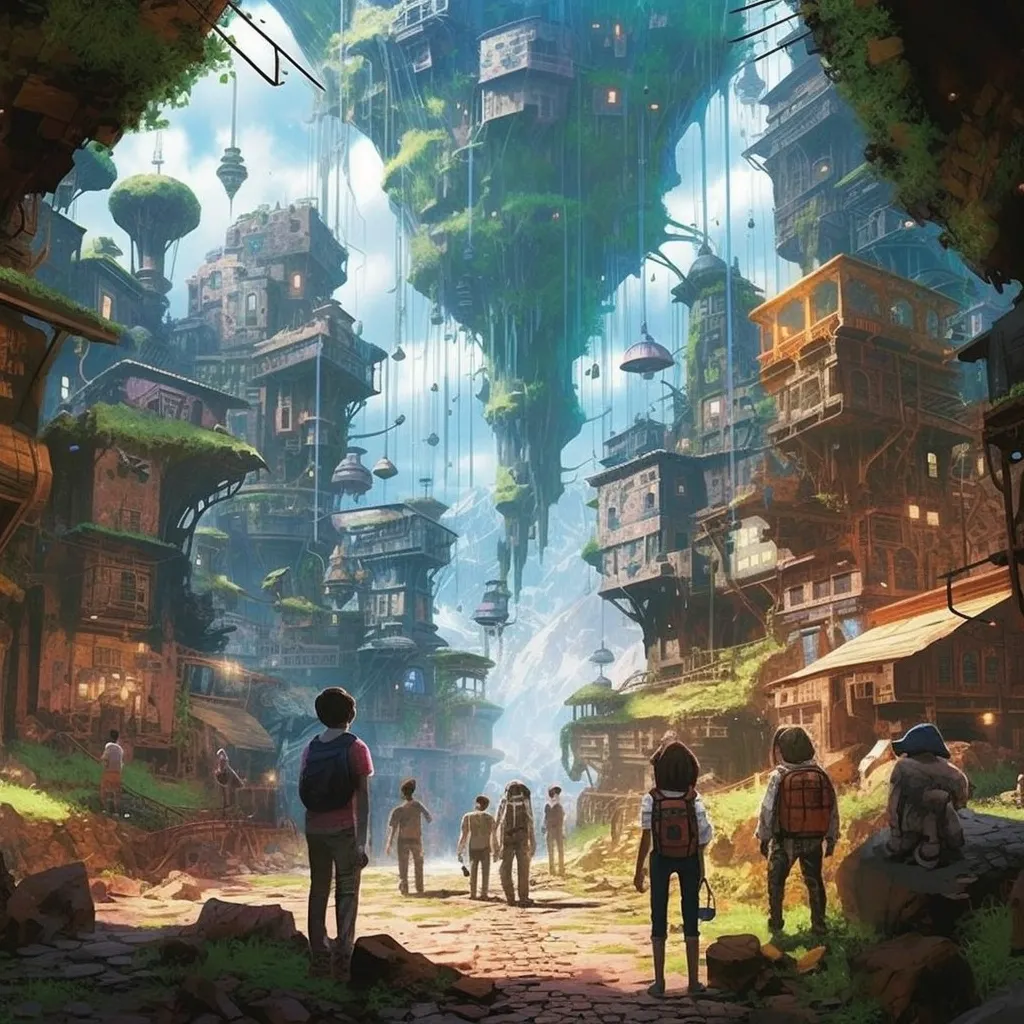
First, our routines can turn into scripted sequences. Most of us follow a daily routine similar to those described above. The predictability, while comforting, also reduces spontaneity, exploration, and novelty. This repetitiveness robs us of our 'playability' — it's as if we're stuck following the same program, much like NPCs.

Next, our growing digital dependence also restricts our playability. Social media platforms, search algorithms, and targeted ads shape our digital experience based on what they 'think' we want or need, reinforcing our biases and narrowing our horizons. They subtly control our choices and decisions, much like how a game's code controls an NPC.
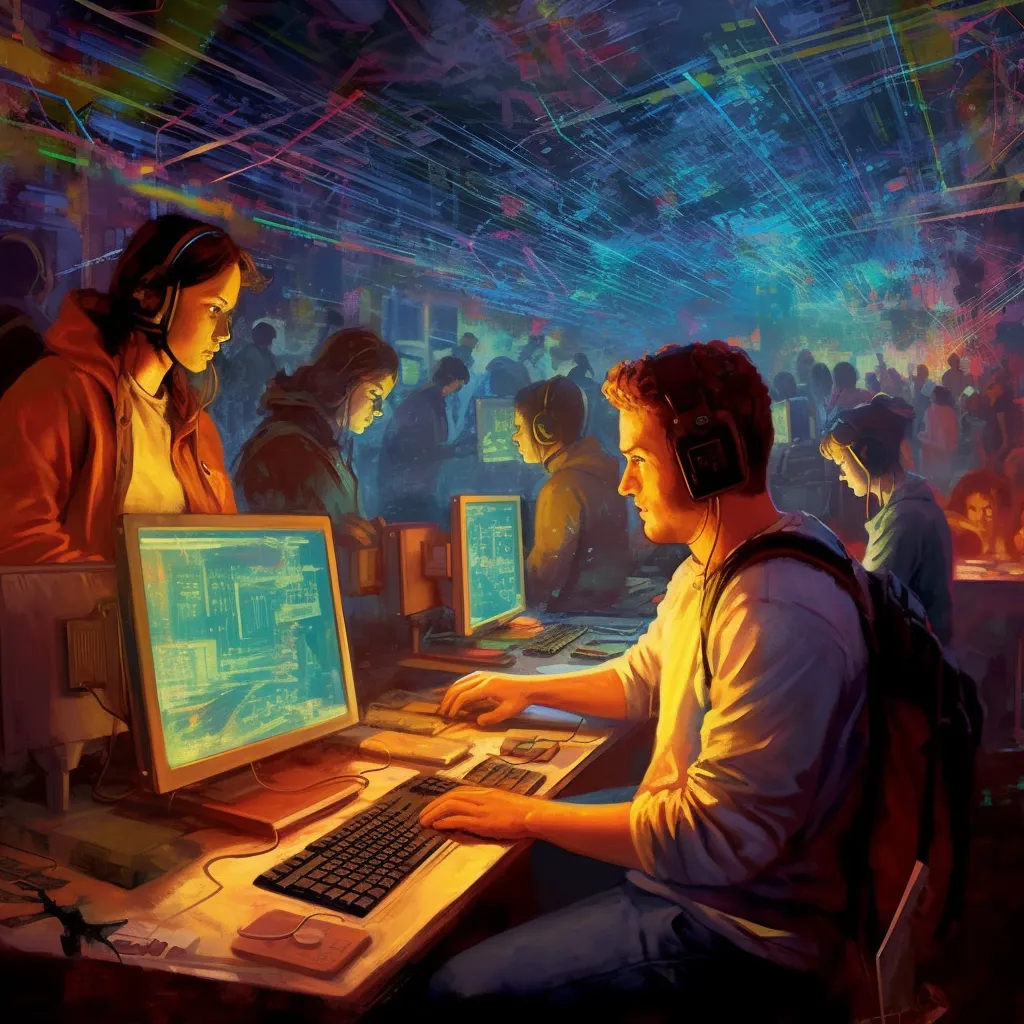
Finally, societal expectations can limit our freedom of choice. We're often expected to follow a certain 'life script': Get a degree, secure a stable job, marry, have kids, and retire comfortably. This path is not inherently wrong, but adhering rigidly to these expectations curtails our options and restricts our personal narratives — we risk becoming 'characters' playing out someone else's script.
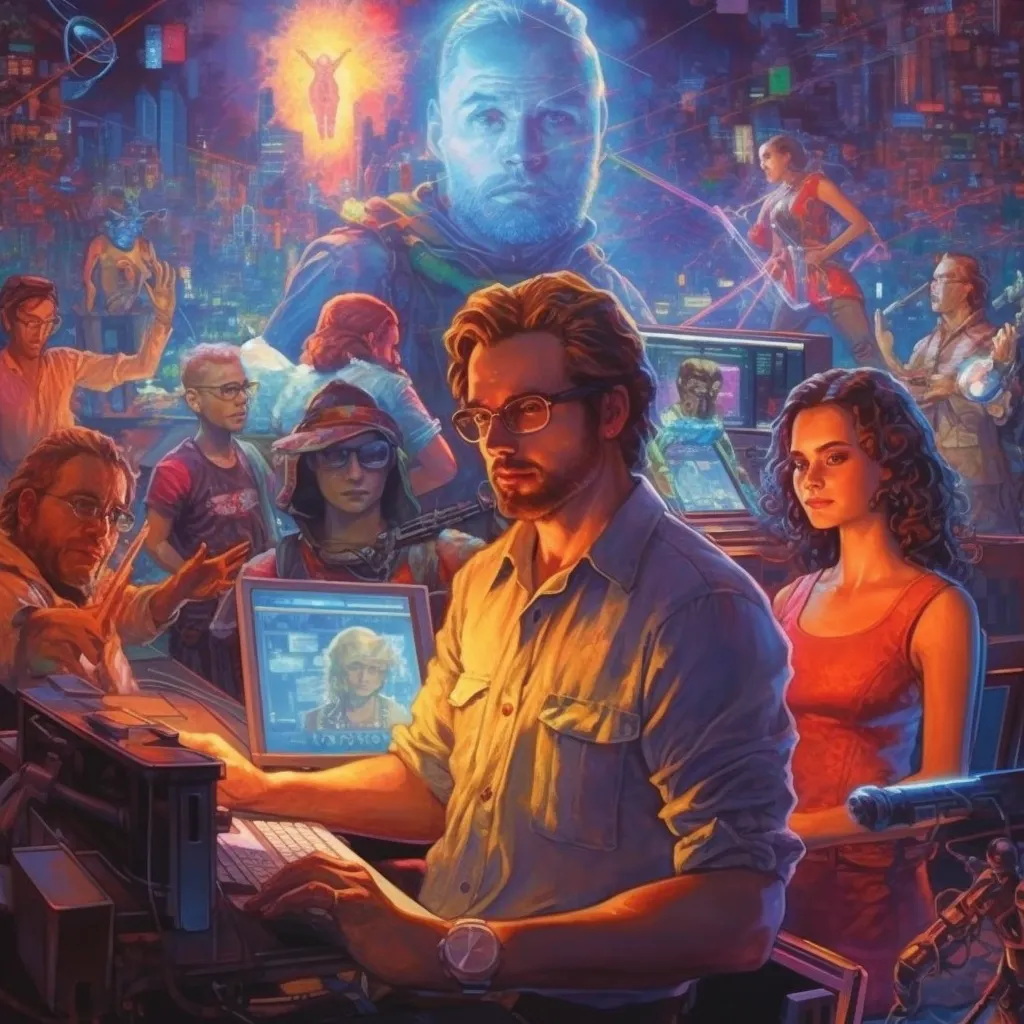
This is not to imply that we are destined to become NPCs. It is a call for awareness and a plea for intentional action. We need to regain the playability of our lives, to become 'players' again in our own stories. Seek spontaneity and novelty, question the digital echo chambers, and bravely write your own life script. Remember, life is not a game to be spectated; it's an adventure to be lived.
